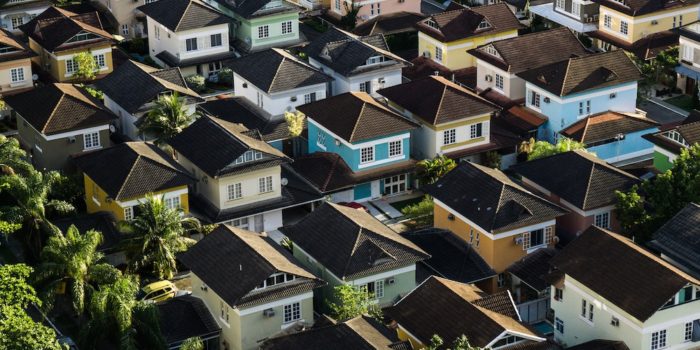
Have Toronto Home Prices already increased 10% in 2020?
The Toronto Real Estate board has forecasted that Toronto home prices are likely to increase 10% in 2020. We are just 6 weeks into 2020, and in many of the city’s neighbourhoods, this price growth may have already been realized. As demand has jumped over the past 6 months, supply has trended lower. Sellers who have come to market early in the year have already set a new bar and Sellers coming to market this spring will be looking at recent sales for price justification. Buyers are out in droves in popular neighbourhoods and homes are obtaining an increased number of offers to start the year, causing sale prices to exceed listing agents expectations.
It’s not uncommon for Sellers that come to market early in the year to see big price gains from the fall. The average sale price will normally grow in the first 4-5 months of the year, then level off at peak spring months and typically falls as we reach the summer months. You can read more about this trend in my previous blog post on when to sell your home.
The frenzied activity is reminiscent of 2016/2017 when prices grew rapidly as inventory hit all time lows hovering around 1 Month of Inventory (MOI). That was until government regulations and a jump in listings led to a drastic change in market conditions. New inventory is needed to meet the increase in demand we are seeing in the market. Hopefully the jump in prices to start the year will encourage more people to sell. Here are some of the metrics to consider:
Sales: Sales have continued to trend higher since the middle of 2019 and TREB is forecasting 97,000 sales in 2020. A big jump from 2019’s 88,000 sales. January sales are up over 15% from last year. Lower interest rates and strong migration to the area seem to be trumping government regulations like the Stress Test and leading previously sidelined Buyers back to the market.
Prices: If sales are up and new listings are down, you can guess where prices are going. The limited supply is putting significant upward pressure on price. The average price in January increased 12.3% from 2019 and the HPI index is indicating a 8.7% increase in prices.
Rental Market: Q4 of 2019 saw supply in the rental market continue to increase jumping a whopping 36% from Q4 2018. The number of leased units increased by 11.8% as well. This is the 5th straight quarter of double digit supply increase and has led to more moderate rental price growth in the 2.5%-3.5% range. New clarity and enforcement on Air BnB regulations in Toronto could also provide a minor bump to long term rental supply.
Inventory: December and January are typically low months for inventory, but the number of listings on the market has trended lower since the summer, with the GTA currently sitting at 1.7 Months of Inventory. New listings dropped 17% from January 2019 and Active listings are down 35% in the same period.
GTA New Condo completions are increasing. In 2017/18, completions hovered just above 15,000; in 2019, it was expected to round out closer to 20,000; and the forecast for 2020 and 2021 is expected to be closer to 30,000 units. An increase in condo completions in conjunction with an increase in purpose built rentals should provide some relief to the rental market and eventually the resale condo market. However, increased immigration and migration justifies an increase in new home supply. The supply relief is also likely to be short lived New Home Sales dropped in 2018/19 and will lead to a lower number of completions down the road.
Rent vs Buy Analysis: Unsure whether to rent or buy in 2020? Keep an eye out for our upcoming rent vs buy blog post covering a few different GTA neighbourhoods. In the meantime, here’s a sneak peek of rent vs. buy comparisons for a Leslieville Condo and an Etobicoke Detached. If you have a specific purchase in mind, we’re always happy to do a personalized rent vs. buy analysis, just drop us an email at andrew@relativerealty.com.
